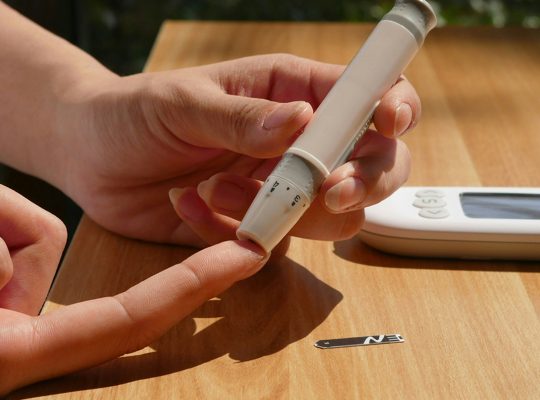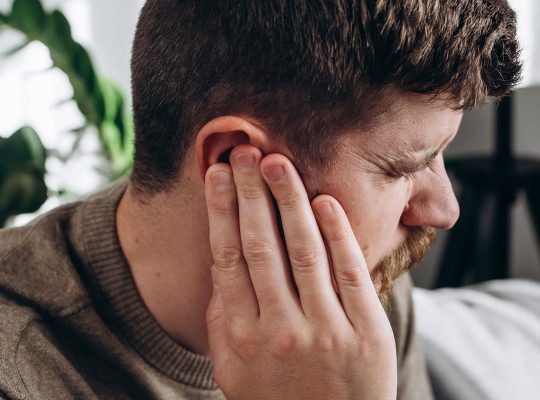At Horend Goed, we are always looking for ways to better understand and treat hearing problems. At a recent conference, the relationship between cholesteatoma and pregnancy was discussed in depth. This is an important topic that we would like to highlight.
Why Do You Get Ear Problems During Pregnancy?
Pregnancy brings many hormonal changes that can affect various parts of your body, including your ears. The most common ear complaints are hearing loss, dizziness, and pressure in the ear. These symptoms can have several causes:
- Hormones: The increase in hormones such as estrogen and progesterone can affect the fluids in the inner ear, leading to ear problems.
- Fluid retention: During pregnancy, your body retains more fluid, which can lead to swelling in the ear.
- Changes in Blood Circulation: Increased blood circulation can put pressure on the blood vessels in and around the ear, causing discomfort.
What are the Symptoms of Ear Pain?
Ear problems can manifest themselves in a variety of ways. Some common symptoms include:
- Hearing loss: This can range from mild to severe and may be temporary or permanent.
- Dizziness and Balance Problems: These can range from mild feelings of imbalance to severe vertigo.
- Pressure or Fullness in the Ear: This may feel like your ear is plugged.
- Tinnitus: A ringing, whooshing or humming sound in the ear.
Specific Ear Disorders Associated with Pregnancy
A condition associated with pregnancy is cholesteatoma. This is a rare but serious condition in which skin cells and sebum accumulate in the middle ear, which can lead to hearing loss, infections and other complications. Research suggests that hormonal changes during pregnancy may accelerate the growth of cholesteatoma.
How to Deal with Ear Problems During Pregnancy
- Medical Evaluation: It is important to take your symptoms seriously and seek medical advice. An audiologist or ENT specialist can determine the cause of your symptoms and recommend appropriate treatment.
- Treatment options:
- Hearing Aids and Amplifiers: If you suffer from hearing loss, hearing aids or amplifiers can help.
- Medication: In some cases, medications can help control symptoms. However, it is important to use only medications that are safe during pregnancy.
- Therapies for Dizziness: Vestibular rehabilitation can help deal with balance problems.
- Lifestyle Adjustments:
- Hydration: Make sure you drink enough to reduce fluid retention.
- Posture: Try to avoid sudden movements and stand up slowly to avoid dizziness.
- Rest and Relaxation: Stress can worsen ear symptoms, so try to get plenty of rest and do relaxation exercises.
- Communication aids: If you have hearing loss, aids such as amplified telephones, subtitled television, and FM systems may be helpful.
How an Audiologist Can Help
As audiologists, we can support you in dealing with ear problems during your pregnancy. Here are some ways we can help:
- Diagnosis and Assessment: We can perform a thorough hearing test to determine the severity of your hearing loss and identify the underlying causes.
- Fitting Hearing Aids: We can help you choose and fit hearing aids or other hearing enhancement devices that meet your specific needs.
- Support and Advice: We offer guidance and advice to help you cope with your hearing loss, including tips on communication and coping with everyday challenges.
Conclusion
Ear symptoms during pregnancy can range from mild discomfort to serious problems that affect your daily life. It is important to take your symptoms seriously and seek medical advice. As hearing specialists at Horend Goed, we are ready to help you with support. Please feel free to contact us for more information or to make an appointment. Together, we can work to find a solution that suits you if necessary and ensure that you can enjoy this special time in your life to the fullest.
For more information about ear problems during pregnancy and other hearing problems, contact the cholesteatoma committee of Hoormij∙NVVS at [email protected].








